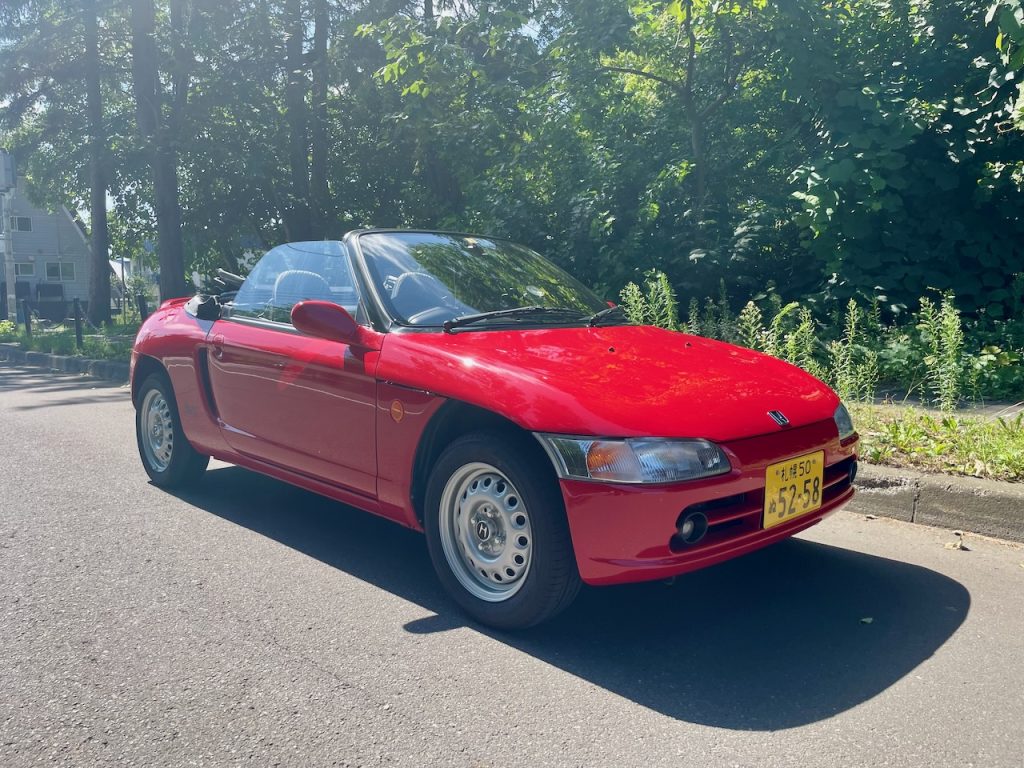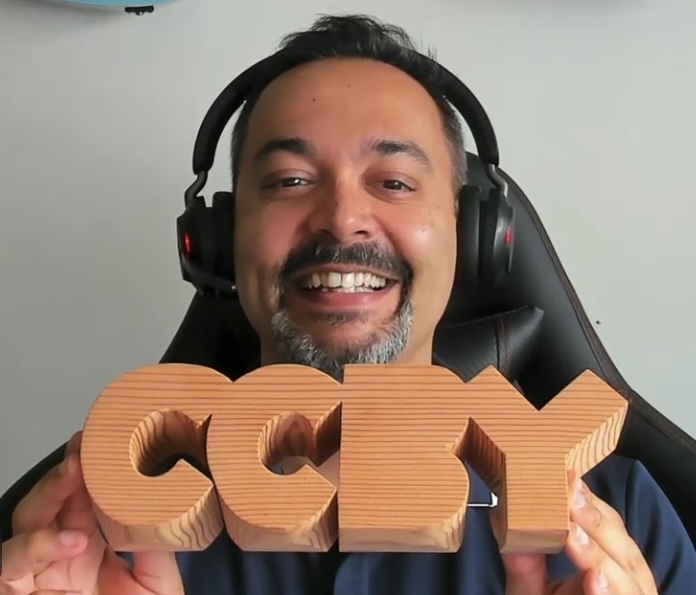The 2024 Open Education Global Awards for Excellence (OEAwards) nominations opened two weeks ago. There are just under five weeks left to submit your nominations!
Every year, the OEAwards surfaces the work of truly inspiring individuals and teams. It is all because the community members share the often obscure open education resource, textbook, platform, technology, or person that keeps them doing the work they do or inspires them to be more involved in open education practices.
Today, we are looking at two of our newest award categories: the Award for Significant Impact OER and the Wildcard Award. These new categories have grown out of previous award categories, such as the Resilience Awards and the acknowledgement that the Open Education world is an ever-changing and innovative space and that unexpected synergies and approaches are there to inspire us to greater excellence.
Focus on the Award for Significant Impact OER
Under the larger grouping of What We Share or Open Assets, the Significant Impact OER Award is a timely evolution of previous Open Education Resource Awards. This awards category, which was reinvigorated in 2023, continues recognising high-quality, innovative teaching and learning materials created under open licences. As more OERs are developed and distributed, the award recognises the impact and reach as measures of each OER’s effectiveness with regard to accessibility, distribution, remix, learning, or social change.
OERs are not just limited to textbooks and teaching guides; the materials that can be included in this category are Open Courses, Interactive Education Materials, Open Textbooks, Videos, Simulations, Animations, Audio, Audiobooks, etc.
Which OER should you nominate? When you think of which project or resource to nominate for this category, think about the OERs you keep returning to or couldn’t do your work without – or the ones you wish you had created – and share that with us. Perhaps it is a particularly innovative adaptation of an OER into a new language or application to another sector than it was first intended. If you’re not sure what an Open Education Resource is, find out here.
Focus on the Wildcard Award
We created the Special Awards Grouping to acknowledge that open education is an ever-evolving field. As the global community grows, takes on more education challenges, and responds to technology and other advances, we must adapt and expand the awards to embrace this change. Sometimes, it is in response to recognising innovative approaches in unexpected or extremely challenging circumstances. Other times, it is righting historical wrongs by shining a light on those who are already blazing a path towards an equitable future.
Whatever the trigger, it is important that Open Education work is often the ideal response to change, whether that change is good or bad. The category we are looking at today is the Wildcard Category.
Which open education wildcard should you nominate? This virtually new award was first posed in 2023. It recognises something or someone but does not quite fit into any of the other OEAwards categories. Our thinking behind this award is to have community feedback on what inspires them in the Open Education world and share that with us. In essence, we are asking you to create your own award under criteria that make sense to you and help the world of open educators recognize that everything is possible in open education.
Last years Wildcard award went to TUDelft’s “We Like Sharing” Open Photo Competition. Launched in 2021 during Open Education Week (OEWeek) and held every year since it was created as a way of introducing the concepts and benefits of Openness through a photography contest. Staff, students and alumni of TU Delft (their friends and families too!) are invited to submit a photograph that represents what openness means to them. The last edition has been the most successful to date, with 95 entries. Read about the 2023 competition and the winners, including the three winning photographs.
What’s Next?
If these examples make you think of resources or courses that stood out for you and enable your open education work or projects/programs, please nominate them now. If you are looking for more inspiration, please explore the 229 awardees that have been recognized since 2011 via category or year.
Get started by reading the 2024 OE Awards Nomination Guide, which includes the kinds of information you will need to submit a nomination, planning documents, and some suggestions for entering your information. You can also go directly to this year’s nomination form, which might result in the awardees being recognized this year.
Stay tuned for next week’s post, including details and examples from two more award categories, or refer to the previous posts in this series.
- OE Awards 2024 Focus on Student Awards and Open Pedagogy Awards
- OE Awards 2024 Focus on Open Infrastructure and Diversity, Equity, and Inclusion Awards
- OE Awards 2024 Focus on the Catalyst Individual and Open Collaboration Awards
If you have questions or suggestions about the awards, you can follow up with us in discussions below on these categories (and more) from the OE Awards space in OEG Connect.
Reply in OEG Connect
Do you have suggestions or questions about these award categories? We have an open discussion topic in OEG Connect available for this post.




